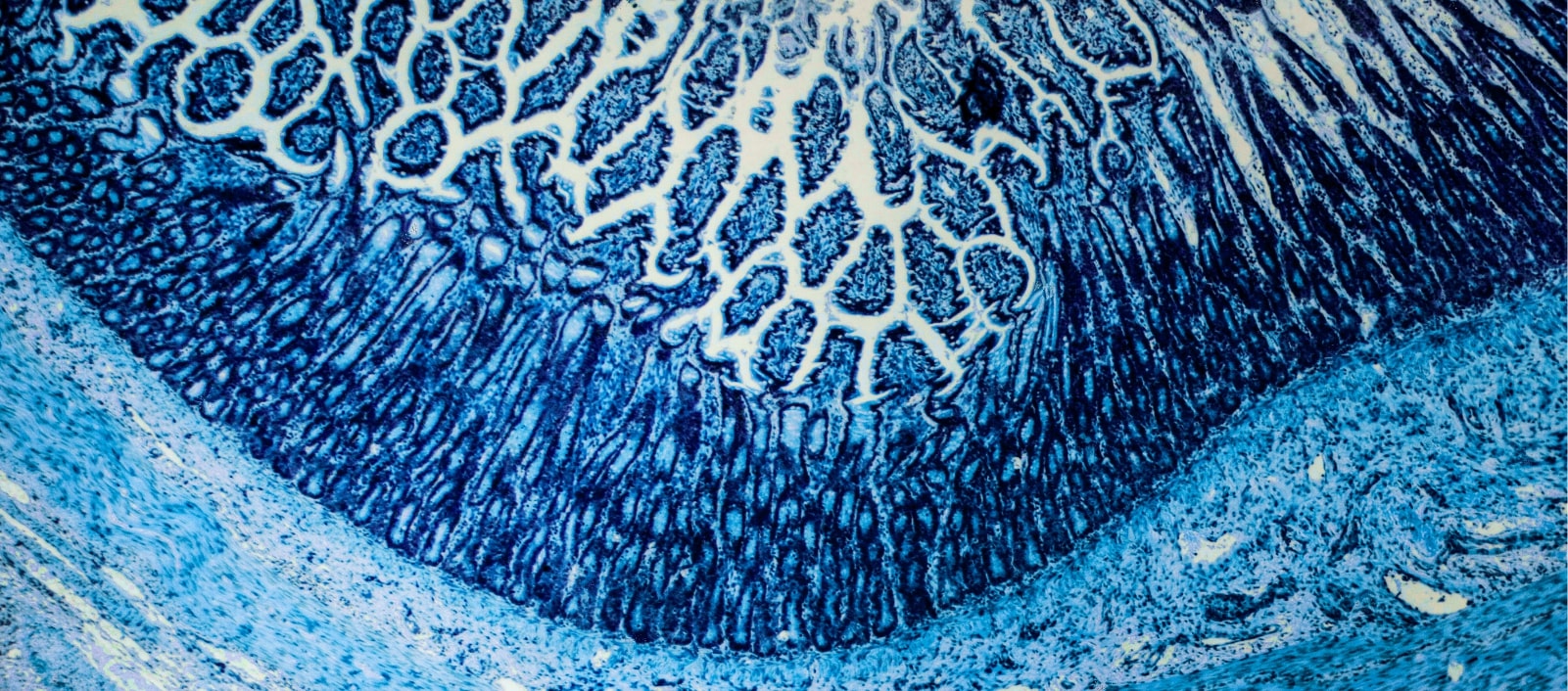Seres Therapeutics to Present SER-109 Phase 3 Mechanistic Data at Keystone Symposium
- New data from microbiome and metabolomic endpoints provide mechanistic support of the positive Phase 3 study results -
- Enrollment ongoing in SER-109 open-label study in patients with recurrent C. difficile infection to support a Biologics Licensing Application for
The new study data examined the pharmacokinetics (i.e., drug bacterial species engraftment) and pharmacodynamics (i.e., metabolic changes) following SER-109 dosing. The data demonstrate that SER-109 administration resulted in the rapid engraftment of SER-109-derived bacterial species into the gastrointestinal tract as soon as one week following dosing and that this engraftment was maintained at subsequent timepoints evaluated, including at the eight-week timepoint corresponding to the study’s primary endpoint. Seres utilized advanced microbiome biomarker analytics and proprietary genomic reference datasets to identify, at a bacterial species resolution level, the gastrointestinal microbiome signatures associated with SER-109 engraftment.
SER-109 administration also resulted in modulation of the gastrointestinal metabolic landscape. Notably, data demonstrated a significant decrease in primary bile acids and an increase in secondary bile acids. Published research and preclinical studies conducted by the Company have demonstrated that primary bile acids support germination of C. difficile spores that are the source of disease recurrence. In contrast, secondary bile acids have been reported to inhibit the growth of C. difficile (Theriot and Young, Annu. Rev. Microbiol. 2015).
“We have completed several predefined exploratory endpoints that provide high-resolution pharmacokinetic and pharmacodynamic data from our SER-109 Phase 3 study, and these data support the drug candidate’s intended mechanisms of action to reduce the recurrence of C. difficile infection. SER-109-derived bacterial species were found to rapidly and persistently engraft into the gastrointestinal microbiome and this engraftment was associated with broad metabolic changes, resulting in a gut environment that is unfavorable for C. difficile growth,” said
The ECOSPOR III Phase 3 study (ClinicalTrials.gov identifier: NCT03183128) is a multicenter, randomized, placebo-controlled study that enrolled 182 patients with multiply recurrent CDI. Patients were randomized 1:1 to receive either SER-109 or placebo, after standard of care antibiotic treatment. Previously reported topline data from ECOSPOR III showed that SER-109 met the study’s primary endpoint, and demonstrated a sustained clinical response rate of 88.9% compared to placebo at eight weeks post-treatment. SER-109 was well tolerated, with no treatment-related serious adverse events (SAEs) observed in the active arm, and an adverse event profile comparable to placebo.
Seres is sponsoring an ongoing open-label study of SER-109 in patients with recurrent CDI (ClinicalTrials.gov identifier: NCT03183141). Additional information can be found at serescdiffstudy.com.
About SER-109
SER-109 is an investigational, oral, biologically-sourced microbiome therapeutic that is designed to reduce recurrence of C. difficile infection (CDI), enabling patients to achieve a sustained clinical response by breaking the vicious cycle of CDI recurrence and restoring the diversity of the gastrointestinal microbiome. SER-109 is a consortium of purified Firmicute bacteria in spore form, manufactured by fractionating targeted bacteria from the stool of healthy human donors with further steps to inactivate potential pathogens. The FDA has granted SER-109 Breakthrough Therapy designation and Orphan Drug designation for the treatment of recurrent CDI.
SER-109 is fundamentally distinct from fecal microbiota transplantation (FMT) and FMT-like products. SER-109 is comprised of a highly purified consortia of commensal bacteria in spore form, manufactured in accordance with Current Good Manufacturing Practice (cGMP) conditions using stringent standards to ensure product quality and consistency. To support product safety, Seres utilizes a unique manufacturing process designed to inactivate numerous potential pathogens, including species of non-spore bacteria, such as Escherichia coli, and viruses such as SARS-CoV-2.
About C. difficile Infection (CDI) and Current Treatments
C. difficile infection (CDI) is one of the top three most urgent antibiotic-resistant bacterial threats in the
About
Forward-Looking Statements
This press release contains forward-looking statements within the meaning of the Private Securities Litigation Reform Act of 1995. All statements contained in this press release that do not relate to matters of historical fact should be considered forward-looking statements, including the potential market for SER-109, the impact of the microbiome and metabolomic data on our other programs, the potential approval of SER-109, the promise of our microbiome therapeutics, the potential impact of the COVID-19 pandemic, and other statements that are not historical facts.
These forward-looking statements are based on management’s current expectations. These statements are neither promises nor guarantees, but involve known and unknown risks, uncertainties and other important factors that may cause our actual results, performance or achievements to be materially different from any future results, performance or achievements expressed or implied by the forward-looking statements, including, but not limited to, the following: we have incurred significant losses, are not currently profitable and may never become profitable; our need for additional funding; our limited operating history; the impact of the COVID-19 pandemic; our unproven approach to therapeutic intervention; the lengthy, expensive and uncertain process of clinical drug development; our reliance on third parties and collaborators to conduct our clinical trials, manufacture our product candidates and develop and commercialize our product candidates, if approved; our ability to retain key personnel and to manage our growth; and our management and principal stockholders have the ability to control or significantly influence our business. These and other important factors discussed under the caption “Risk Factors” in our Quarterly Report on Form 10-Q filed with the
View source version on businesswire.com: https://www.businesswire.com/news/home/20210119005323/en/
PR Contact
lisa@tenbridgecommunications.com
IR Contact
ctanzi@serestherapeutics.com
Source:

